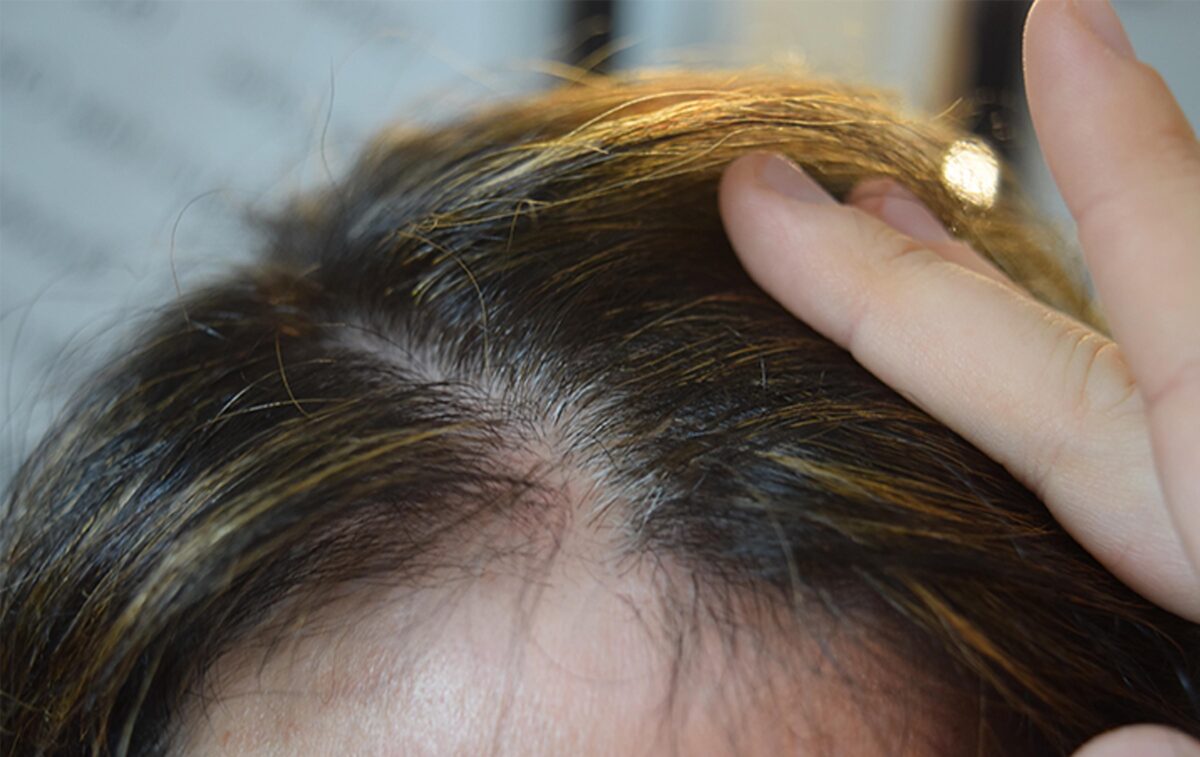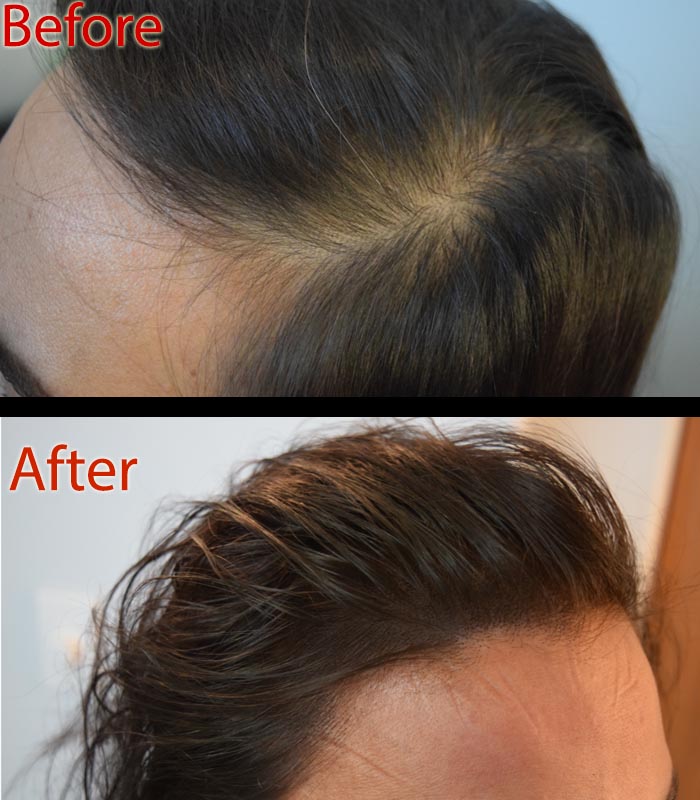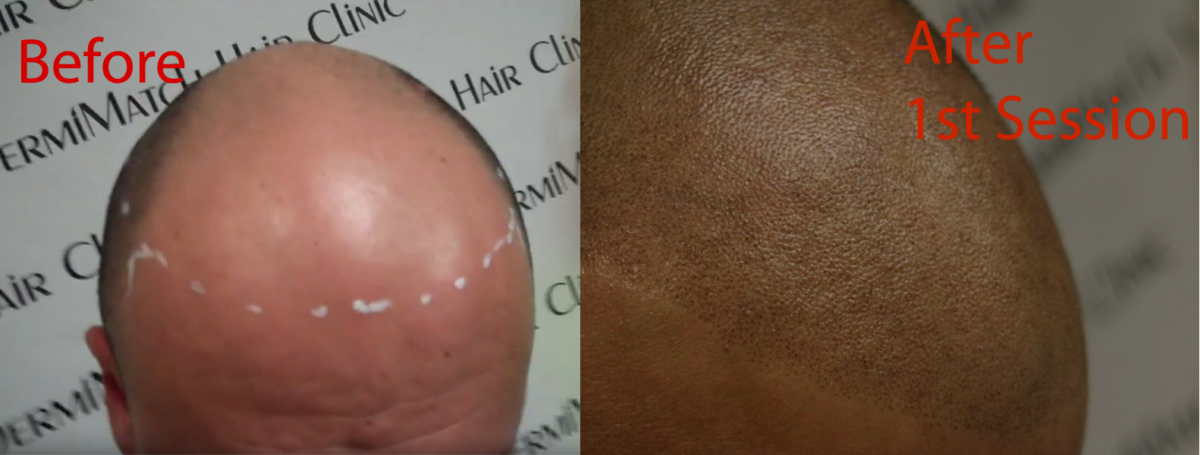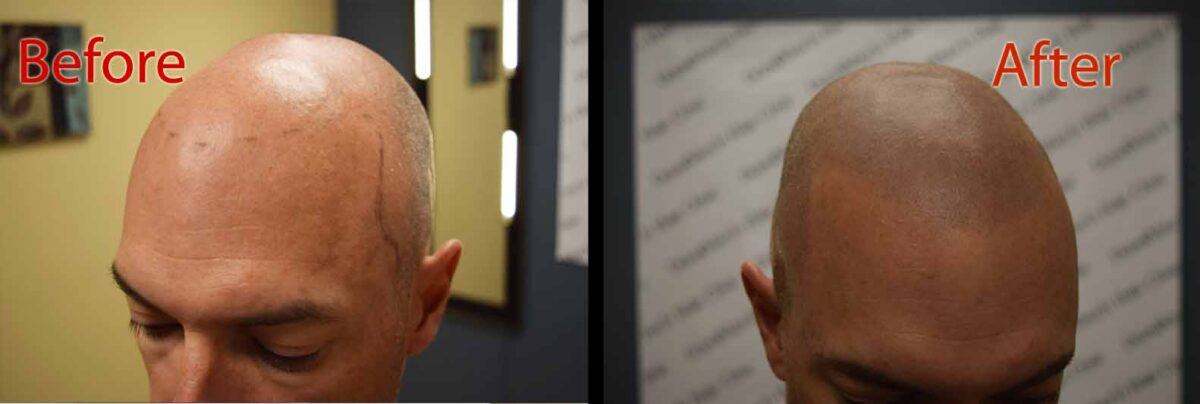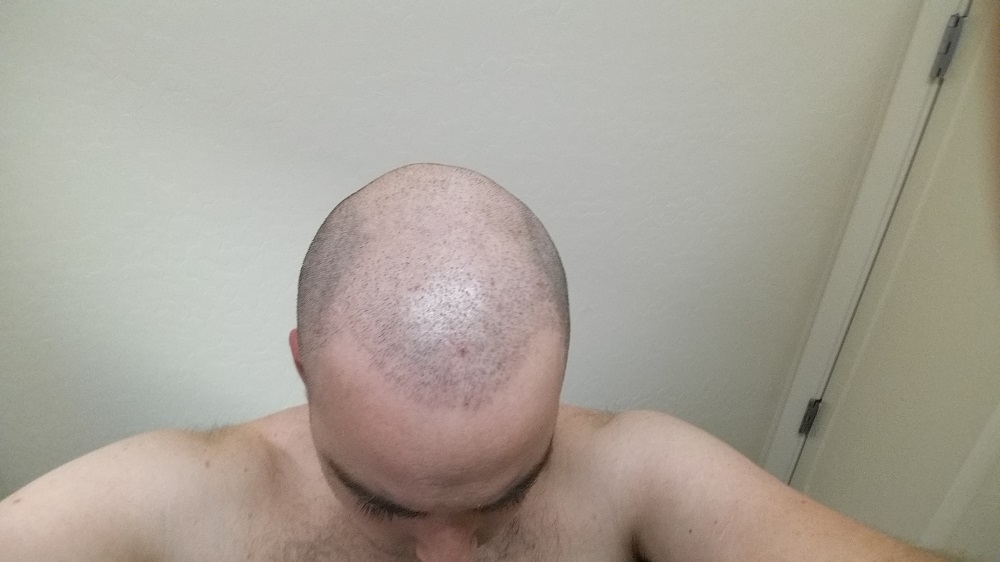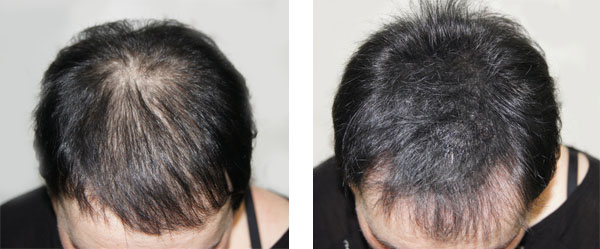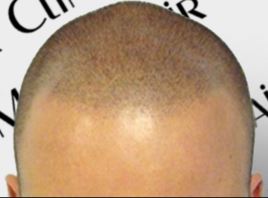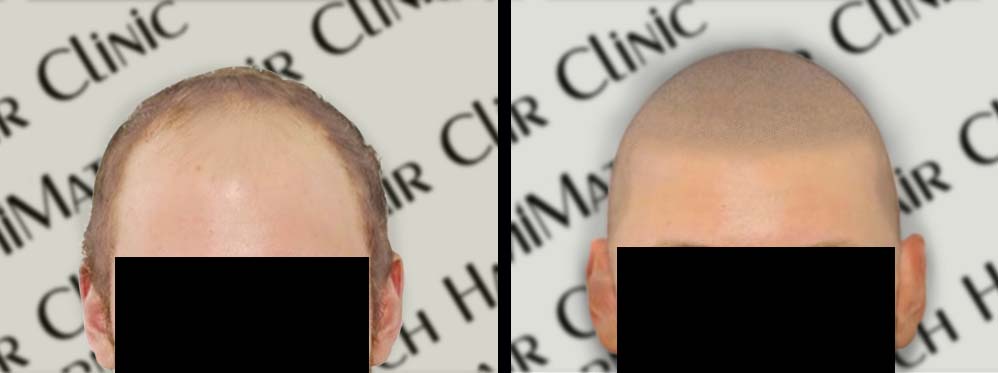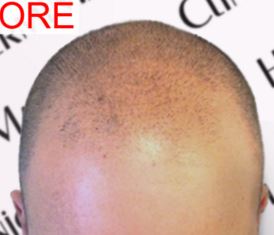Watching your hair gradually disappear can be a confidence-shattering experience. Whether it’s a subtle change or a more pronounced thinning, it’s a concern that affects millions of women.
Thinning hair can be a distressing experience for women, impacting self-esteem and confidence. While it’s a common concern, it’s essential to understand the underlying causes of thinning hair in women to explore effective solutions. From hormonal shifts to underlying health conditions, the reasons for hair loss are complex and varied.
But understanding women hair loss culprits is the first step toward finding effective solutions.
Common Causes of Thinning Hair in Women
Hormonal Changes
Fluctuations in hormone levels, such as those experienced during pregnancy, postpartum, menopause, or while taking birth control, can disrupt the hair growth cycle and lead to shedding. Polycystic ovary syndrome (PCOS) is another hormonal condition associated with hair loss.
Genetics
A family history of hair loss, often referred to as female pattern baldness or androgenic alopecia, increases the risk of experiencing thinning hair. This condition typically causes gradual hair thinning over the crown and part of the scalp.
Stress causes thinning hair in women
Chronic stress can trigger a condition called telogen effluvium, causing excessive hair shedding. While the hair often regrows after a stressful period, it can lead to noticeable thinning in the meantime.
Nutritional Deficiencies
Inadequate intake of essential vitamins and minerals, such as iron, zinc, biotin, and vitamin D, can impact hair health.
Medical Conditions
Certain underlying health conditions like thyroid disorders, autoimmune diseases (such as alopecia areata), scalp infections, or polycystic ovary syndrome (PCOS) can contribute to hair loss.
Lifestyle Factors responsible for thinning hair in women
Factors like harsh hair treatments, tight hairstyles, excessive heat styling, and poor scalp care can damage hair and contribute to thinning hair in women.
It’s important to note that multiple factors often contribute to hair thinning. If you’re experiencing significant hair loss, consulting with a dermatologist or healthcare provider can help identify and address the underlying causes.
Ca Scalp Micropigmentation Help?
SMP offers a non-surgical solution for women experiencing hair thinning. By depositing tiny pigment dots on the scalp, SMP creates the illusion of a fuller, denser hairline. It can be particularly beneficial for women with:
Diffuse Thinning: SMP can effectively camouflage overall hair loss and create a more uniform appearance.
Widow’s Peak: SMP can be used to fill in the widow’s peak area and create a more balanced hairline.
Crown Thinning: SMP can help conceal thinning at the crown of the head.
SMP is a versatile treatment that can be customized to match individual hair color and desired density, providing you with a natural-looking and long-lasting solution irrespective of the causes of hair thinning in women.
Get help from SMP experts in Arizona whether you are sure or unsure about the causes of thinning hair in women. DermiMatch scalp professionals are experts in the field and can help you find the best solution to overcome the dilemma of hair loss with scalp micropigmentation.
Schedule a consultation now and get rid of your hair-thinning woes.

